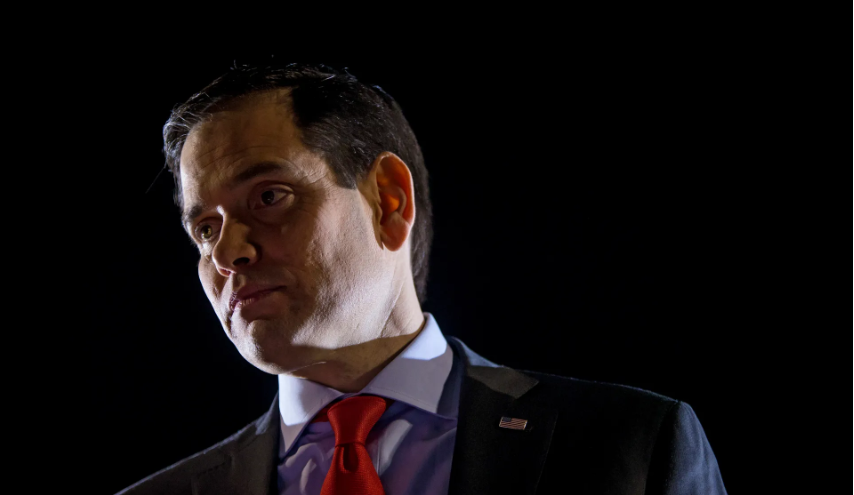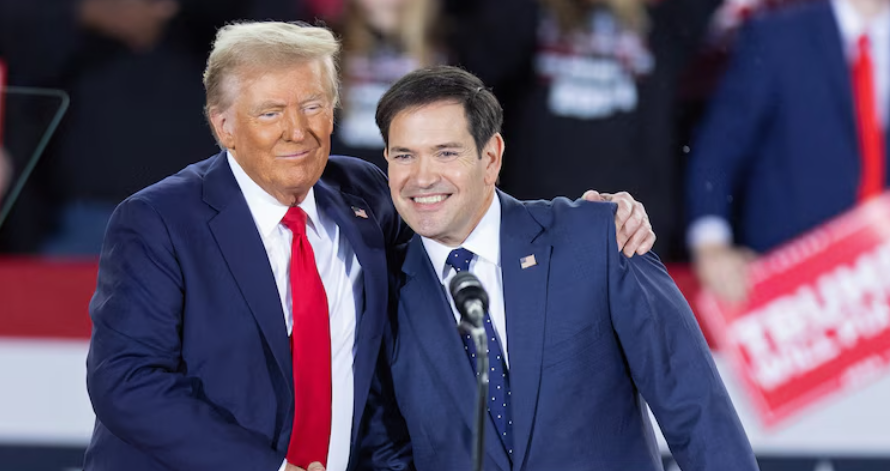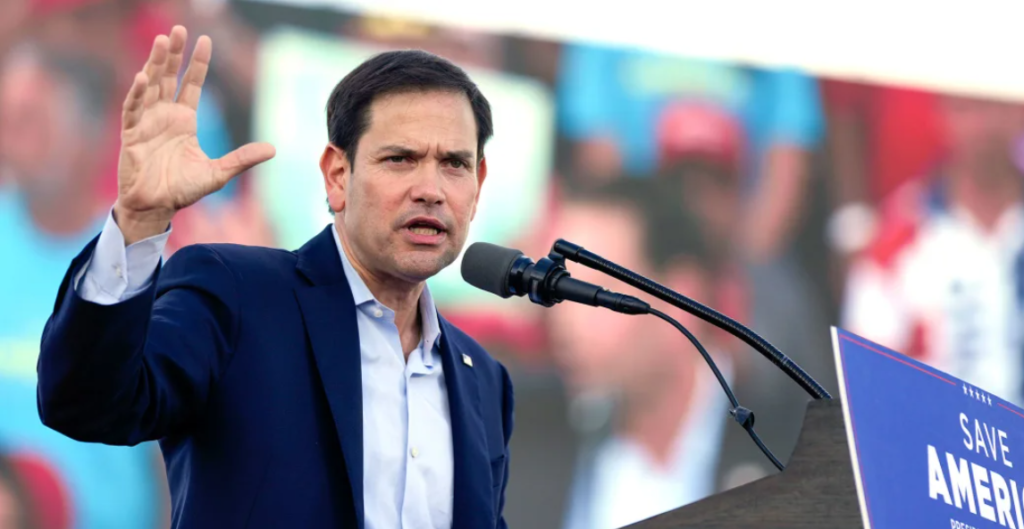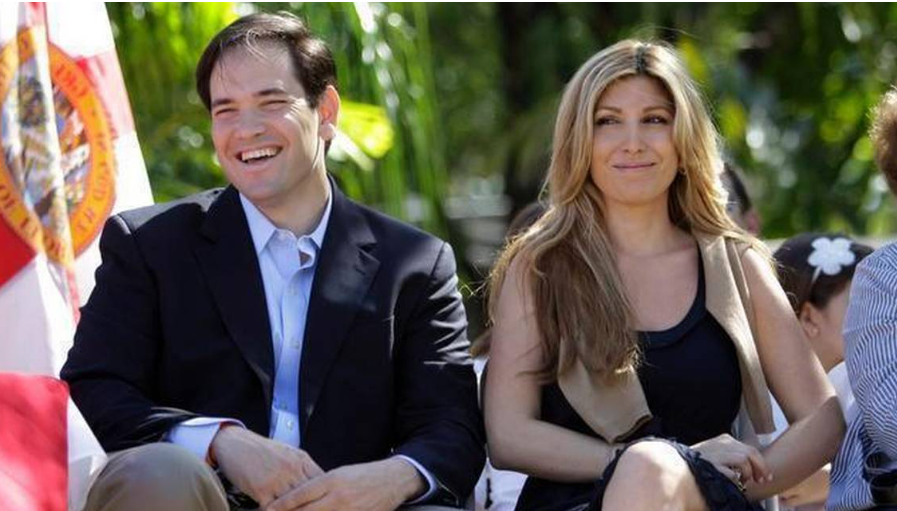
Table of Contents
Introduction

Since 2011, Marco Rubio, a Republican from Florida, has been a member of the Senate. He is well-known in American politics for taking a strong stand on matters like as immigration, economic reform, foreign policy, and national security. During his 2016 presidential campaign, Rubio initially attracted national attention by portraying himself as an establishment, moderate candidate. However, following the election, he ended up backing Donald Trump.
As of 2024, Rubio is still a significant senatorial voice, especially when it comes to defense and international policy concerns, and he continues to have a significant impact on how the Republican Party positions itself on a range of policy issues. He remains significant in the current discussions over the country’s future because of his emphasis on preserving a robust U.S. presence abroad, particularly in China and Latin America, and his support for conservative economic policies. Being the son of Cuban immigrants also gives Rubio a distinct political personality and shapes his opinions on foreign policy and immigration.
Early Life and Background
Born in Miami, Florida, on May 28, 1971, Marco Rubio was the son of Cuban immigrants who had escaped Fidel Castro’s government in the 1950s. Rubio was raised in a working-class household and was instilled with the virtues of diligence, tenacity, and the value of education. After graduating with a bachelor’s degree in political science from the University of Florida, he went on to the University of Miami School of Law to obtain his legal degree. During his early career, he practiced law and served in the Florida House of Representatives, where he immediately established himself as a rising political star. Rubio’s political beliefs, particularly with regard to immigration, have been greatly influenced by his personal and family history, notably his immigrant upbringing.
Political Beginnings

When Marco Rubio was elected to the West Miami City Commission in the middle of the 1990s, his political career officially began. He successfully advanced to the Florida House of Representatives in 2000, where he rose to prominence in the state government. Rubio gained notoriety fast and was elected Speaker of the Florida House in 2006 and 2008. He was well-known for his staunch conservative views while serving in the state assembly, where he promoted economic restraint, limited government, and lower taxes. His leadership in the Florida House paved the way for his future political aspirations by assisting him in gaining prominence both domestically and internationally. A key factor in his ascent was his capacity to connect with a wide range of individuals and find a balance between his Cuban heritage and a broader appeal to the state’s voters. These early experiences paved the way for his 2010 U.S. Senate race, in which he won the general election by a sizable majority and defeated an incumbent governor in the Republican primary.
Senate career
After being elected to represent Florida in 2011, Marco Rubio’s tenure in the U.S. Senate officially began. Rubio immediately established a reputation as a conservative senator with strong opinions on matters like immigration reform, economic policy, and national security. He positioned himself as a leader of the Tea Party movement, promoting federal regulation reduction, tax cuts, and expenditure cuts. Rubio’s foreign policy views also garnered notice, especially his vigorous criticism of the Obama administration’s policies toward Cuba and Iran and his support for a larger American involvement in Latin America. When Marco Rubio ran for president in 2016, he presented himself as a more established and moderate Republican candidate. Although his campaign did not succeed, Rubio returned to the Senate, where he remained an influential figure on critical issues such as foreign policy and national security. He has consistently pushed for a strong military and a more assertive approach to handling global threats, particularly from China and Russia. While his views on immigration have evolved, especially following his involvement in the 2013 “Gang of Eight” immigration reform bill, Rubio continues to support efforts for comprehensive immigration reform.
Foreign Policy Expertise

With a focus on bolstering ties in the Western Hemisphere and addressing global concerns, Marco Rubio has made a name for himself as a leading voice in USA foreign policy. In his constant calls for a more active U.S. role in Latin America, he has emphasized the value of assisting democratic movements and opposing authoritarian governments, particularly in Cuba and Venezuela. A strong opponent of China’s expanding power, Rubio has advocated for stricter regulations to curb its military buildup and economic activities. On matters pertaining to Russia, he has advocated for more sanctions and assistance for NATO partners in order to strengthen deterrence tactics. Rubio is a strong supporter of human rights around the world, and his own Cuban-American background has a significant impact on his foreign policy beliefs.
Personal Life

Marco Rubio is married to Jeanette Dousdebes Rubio, a former bank executive, and they have four children together. The couple has been married since 1998, and their family life is often portrayed as central to Rubio’s personal identity. He is a devout Roman Catholic, and his faith plays an important role in shaping his values and public life. Rubio is known for his dedication to his family and his active involvement in his children’s lives. Outside of politics, he enjoys sports, particularly basketball, and often references his background as a Cuban-American to emphasize his connection to both his heritage and the broader American experience. Rubio’s story of immigrant parents and his rise in politics is a narrative that resonates with many, positioning him as a symbol of the American Dream for countless families.
Future in Politics
Marco Rubio’s future in politics appears promising as he continues to be a significant figure in the Republican Party. As of 2024, he remains a key voice in the Senate, particularly on issues of national security, foreign policy, and immigration reform. Rubio’s experience and visibility within the party position him as a potential leader for the future, with many speculating that he could once again seek higher office, including a potential run for the presidency in 2024 or beyond.
Given his ability to navigate both moderate and conservative factions of the Republican Party, Rubio could play a central role in shaping the party’s direction in the coming years. His continued focus on strengthening the U.S. military, addressing global threats, and advocating for economic reforms could further solidify his influence. Additionally, his personal story as the child of Cuban immigrants resonates with a wide swath of Americans, making him a compelling candidate for future leadership roles.
As the political landscape evolves, Rubio’s adaptability and his deep ties to key policy areas suggest he will remain an important player, whether through further Senate leadership or a potential presidential bid in the years ahead.









